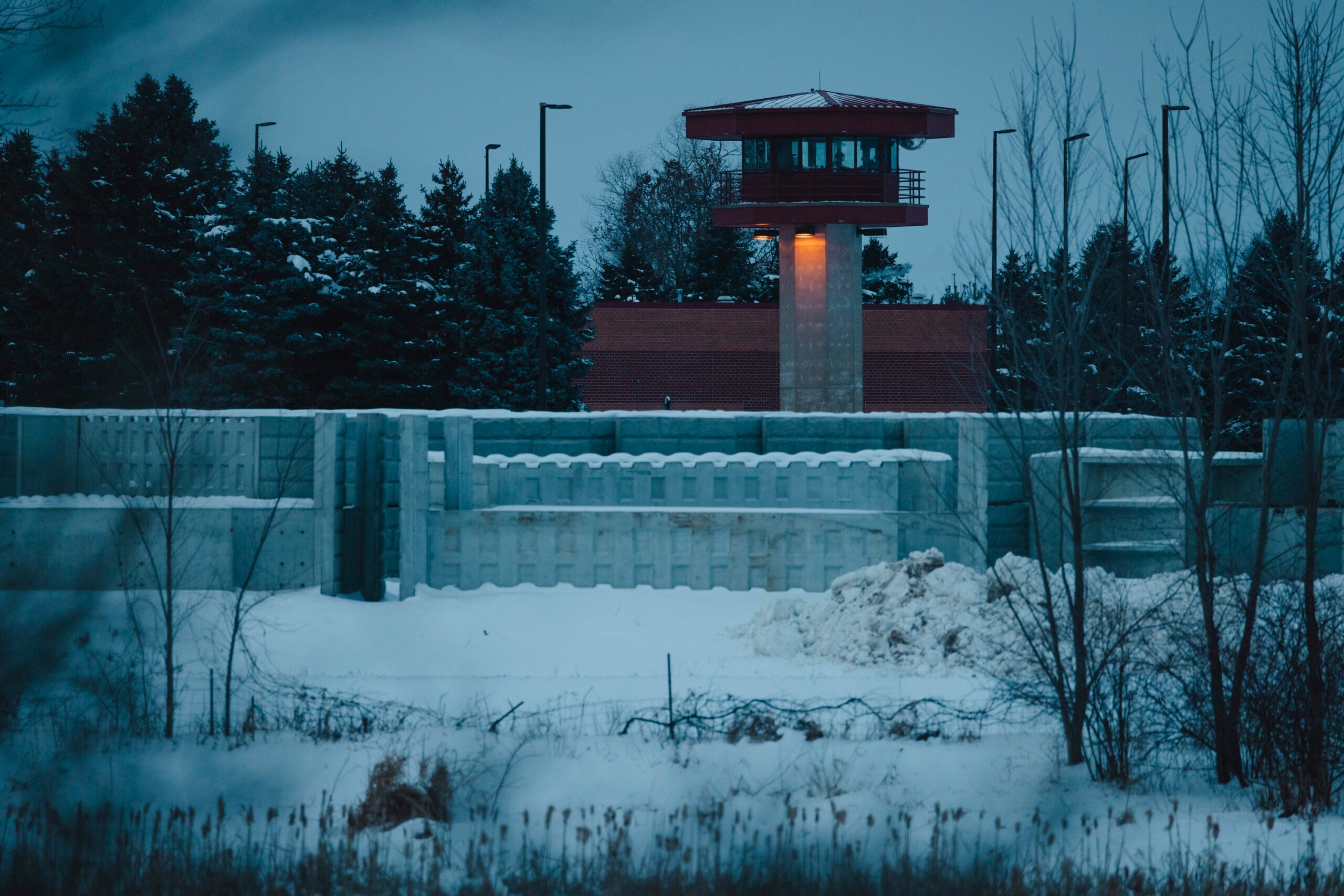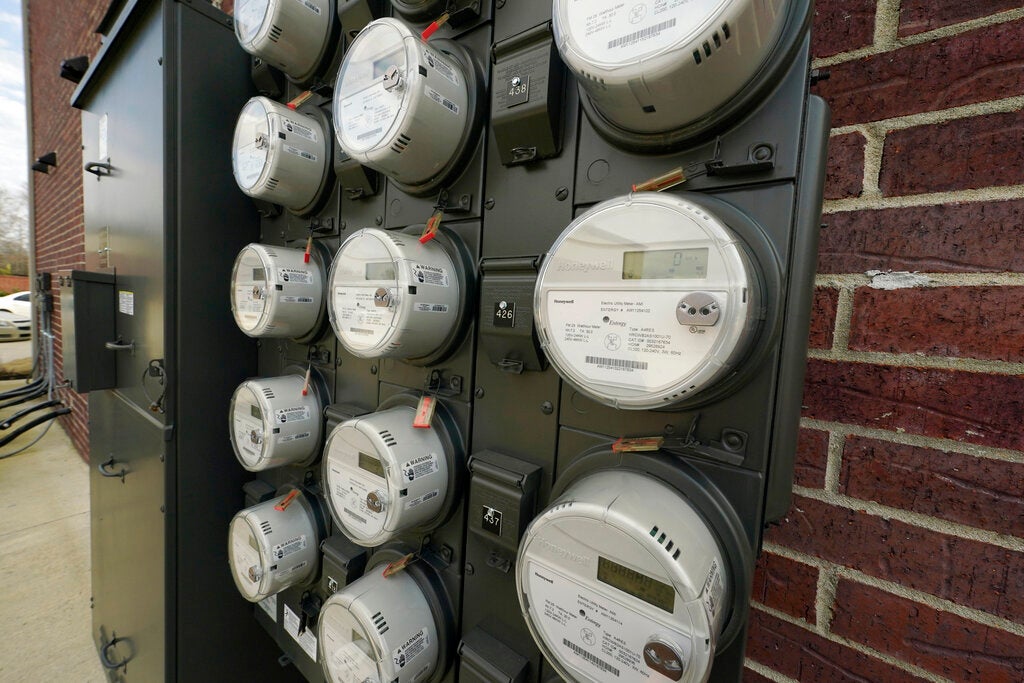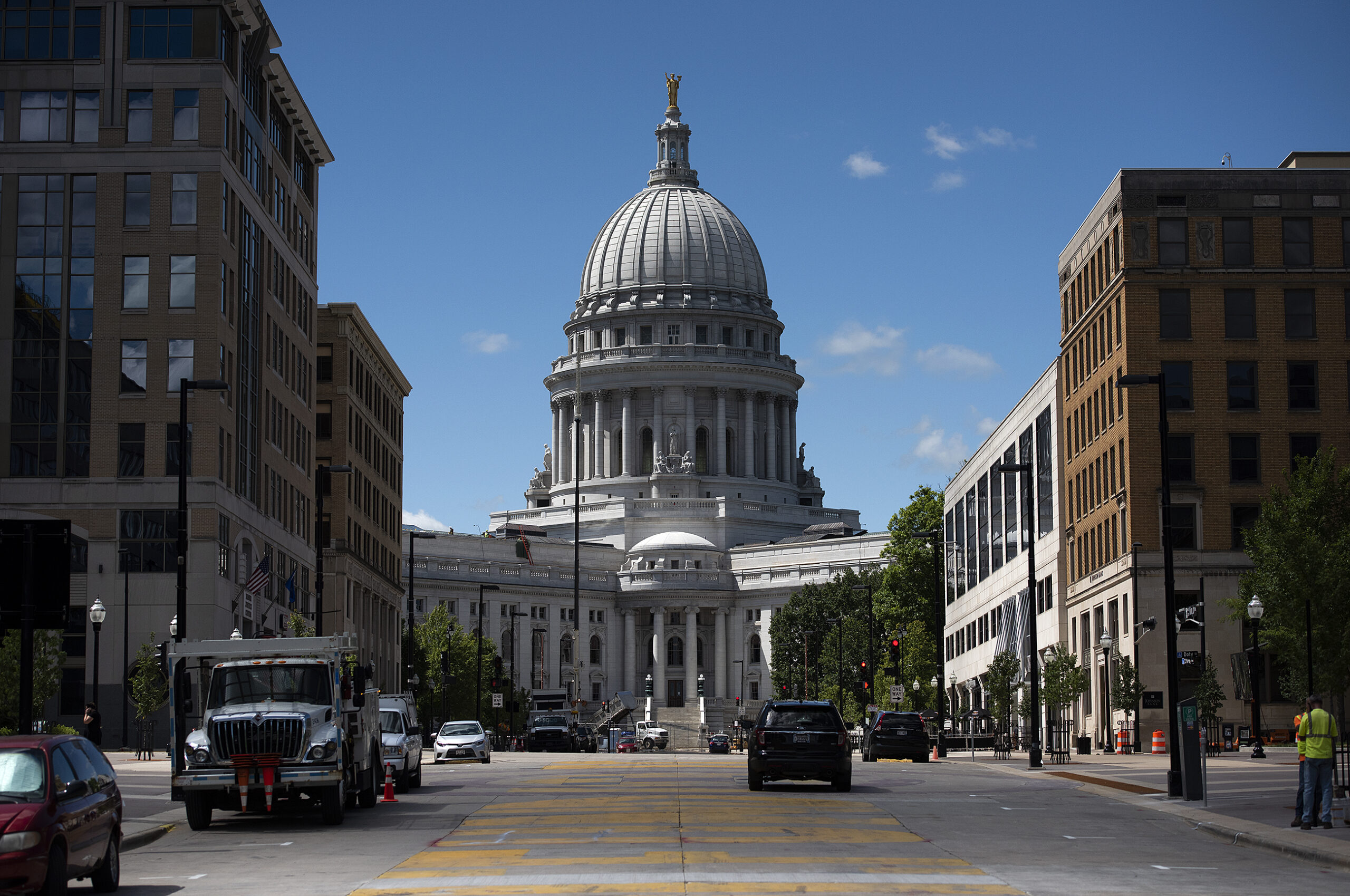A provision in Governor Walker’s proposed budget would let the state sell its highways, bridges, dormitories and prisons, according to a memo by the nonpartisan Legislative Fiscal Bureau (LFB).
The Walker administration has said it is mostly interested in selling state assets like power plants as a way to help finance Wisconsin’s transportation budget. But the LFB memo says Walker’s budget, as written, would give the state Department of Administration broad authority to sell most state-owned property or facilities, including highways, bridges, dormitories or prisons.
Republican Representative John Nygren co-chairs the legislature’s budget committee. He says nobody wants to sell that kind of property: “I don’t believe our intent or the intent of the administration is to sell those facilities off, so if we have to restrict the language within the budget for sale of state assets, we can do that.”
Stay informed on the latest news
Sign up for WPR’s email newsletter.
But while Nygren says he is willing to change the budget to make sure property like dorms or prisons is not sold, he still supports the idea of selling state power plants: “I think there is a reasonable question to say ‘Should we be in the business as a state of owning power plants?’ I mean I think that’s a reasonable discussion for us to have.”
The LFB memo also said the budget would let the state sell property that is under the control of the University of Wisconsin Board Of Regents, something that is prohibited right now. Nygren said lawmakers would have to look at that change but he suspected it was included because some state power plants are owned by the University.
The idea of selling state-run power plants is an old one in Madison, but it has always been thwarted in one way or another. It was vetoed in 2005 by then Governor Jim Doyle, and in 2011, Governor Walker tried and failed to pass it alongside his contentious collective bargaining bill.
Wisconsin Public Radio, © Copyright 2024, Board of Regents of the University of Wisconsin System and Wisconsin Educational Communications Board.






